9 Skincare Ingredients to Avoid When You're Pregnant

There are so many things to think about when you're pregnant and skincare should not be a stressor because you have enough going on! I'm not going to do a massive deep dive on all the things that can potentially happen if you use any of these ingredients - you can go down a Google rabbit hole if you'd like to - I'm just going to give you an easy list that you can use when evaluating what you're going to put on your body.
The first trimester is also when the most caution should be taken so keep that in mind as well.
One thing to note - "categories" of ingredients are going to come up. That comes from the FDA's Pregnancy Categories for drugs. In 2015 they replaced this with a Pregnancy and Lactation Labeling Final Rule (PLLR) because they thought the categories were too confusing. Honestly, both systems are a bit confusing but the category system has stuck around in spite of the PLLR so it comes up in research.
Category C comes up the most with these "should I or shouldn't I?" drugs/ingredients and - surprise! - it's the most confusing but the bottom line seems to be that if something is a category C, it hasn't been studied in animals or humans but it could absolutely potentially hurt your baby. Great, thanks for that clarity FDA. On to the list!

CHEMICAL SPFS
Here at Erin's Faces we're fans of mineral sunscreens anyhow (and have one for face and one for body) which are in alignment with the official word from the FDA which is, at this time, the active ingredients of Zinc Oxide and Titanium Dioxide are considered GRASE which means "Generally Recognized as Safe and Effective". No other SPF active ingredients (check your label) are currently GRASE. So if your SPF has a different active ingredient (Oxybenzone is especially concerning) you will want to find a new one. Bonus with Zinc Oxide and Titanium Dioxide - they sit on top of the skin and aren't absorbed which is ideal when you're not wanting things in your bloodstream.
PARABENS
While few companies still use parabens at this point in the game there are some products that have kept them in their formulas. This 2019 study found a link between early exposure of parabens during pregnancy to correlate with gestational diabetes. This post from Dr. Lora Shahine talks about parabens and fertility/pregnancy a LOT. Long story short, skip the parabens.

FORMALDEHYDE
I mean, who wants this anywhere near them, right? It is a known carcinogen according to the CDC. But it's in a lot of nail polish/strengtheners so make sure to check your labels. If they say "3-free" or "5-free" you should be good to go.
Also - while formaldehyde itself doesn't get used very much anymore in cosmetics there are formaldehyde-releasing chemicals that are in everyday beauty products which the Environmental Working Group talks about:
- DMDM hydantoin
- Imidazolidinyl urea
- Diazolidinyl urea (this is in a lot of mascaras)
- Quaternium-15
- Bronopol (2-bromo-2-nitropropane-1,3-diol )
- 5-Bromo-5-nitro-1,3-dioxane
- Hydroxymethylglycinate
HYDROQUINONE
Used for hyperpigmentation and melasma, hydroquinone needs to be discontinued during pregnancy as it can have adverse effects on the fetus according to this study. It's also a category C drug. If you're concerned about hyperpigmentation and/or melasma wear a physical/mineral sunscreen every day.

SALICYLIC ACID PEELS & ORAL MEDS
You're okay to do low-dose OTC salicylic acid situations but this study concluded that high dose peels and oral medications should be avoided during pregnancy.
The American College of Obstetrics and Gynecologists (ACOG) does give the green light to the ingredients below but your skin may experience more sensitivity than it usually does so just go with low doses if you're nervous:
- Glycolic acid
- Azelaic acid
- Topical benzoyl peroxide (though this one does fall into category C and many OBGYNs say to avoid it)
- Topical salicylic acid (category C as well but OTC is less worrisome than high dose)
RETINOIDS/ISOTRETINOIN
Anything claiming to be a retinol or have high levels of Vitamin A or containing retinyl palmitate is out (including Tazorac and Accutane which fall into Category X). The ACOG recommends that these are all avoided during pregnancy because the potential effect on the fetus is significant.
PHTHALATES
Studies have determined that phthalates are endocrine disruptors, like this one from 2020, so avoid them in general, pregnant or not, but know that cosmetics are where phthalates get used the most. Especially diethylphthalate (DEP).

FRAGRANCE
This one is tough because it can be in so many things - your hand soap, laundry detergent, household cleaners, perfumes of course, but in the beauty world look for it in hand creams, body washes, body lotions/creams, haircare, lip products (you eat those), and your regular skincare. Usually you'll be looking for the word "fragrance" or "parfum" but it can also show up with "linalool", "limonene", "eugenol", "citronellol", "geraniol", or "cinnamal". Fragrance can irritate and also is linked to things you don't have time for right now.
All that said, the American Pregnancy Association says you can wear perfume but also says it might make you nauseated and recs turning to essential oils instead.

ESSENTIAL OILS
So let's talk about those essential oils - first off, they're not all created equal so sourcing comes into major play but here are the ones you should avoid during pregnancy according to Moreland OBGYN:
- Aniseed (Pimpinella anisum)
- Basil (Ocimum basilicum)
- Birch (Betula lenta)
- Camphor (Cinnamomum camphora)*
- Clary Sage** (Salvia sclarea)
- Hyssop (Hyssopus officinalis)
- Mogwort (Artemisia vulgaris)
- Oak Moss** (Evernia prunastri)
- Parley Seed or Leaf (Petroselinum sativum)
- Pennyroyal (Mentha pulegium)
- Peppermint** (Mentha ipperita)
- Rosemary** (Rosmarinus officinalis)
- Rue** (Ruta graveolens)
- Sage (Salvia officinalis)
- Tansy (Tanacetum vulgare)
- Tarragon (Artemisia dracunculus)
- Thuja (Thuja occidentalis)
- Thyme** (Thymus vulgaris)
- Wintergreen (Gaultheria procumbens)
- Wormwood (Artemisia absinthium)
Rosemary Extract (different than Rosemary Essential Oil) is used in a lot of clean beauty as a preservative - generally in a 1-3% implementation so if you're nervous about that check with the company whose product you use as well as your doctor to see if it's okay.
Please let us know if we missed anything or if you have any questions in the comments below! They're moderated so it'll take a second for them to appear but we promise we read them all 😊.
*Note that this is not the same as Ho Wood/Ho Leaf chemotype Linalool (Cinnamomum camphora ct. Linalool), which has no known contraindications.
**Not listed in the list of Essential Oils to Avoid When Pregnant by the National Association of Holistic Aromatherapy
Disclaimer: For informational and educational purposes only. These statements have not been evaluated by the Food and Drug Administration and are not intended to diagnose, treat, cure or prevent any disease. If you have a health concern, a medical condition, are pregnant or breastfeeding or are taking any medication please consult your healthcare provider.



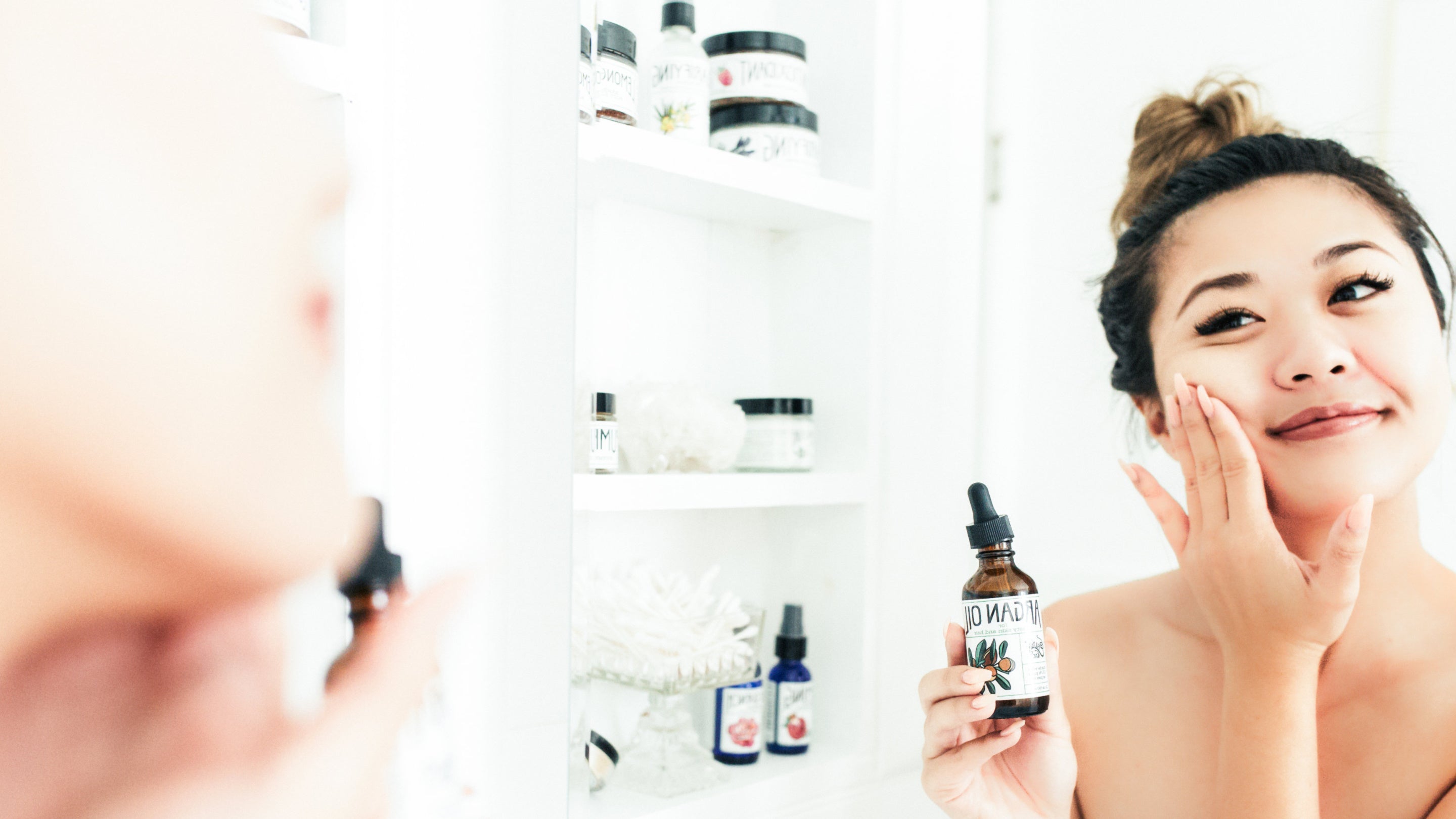
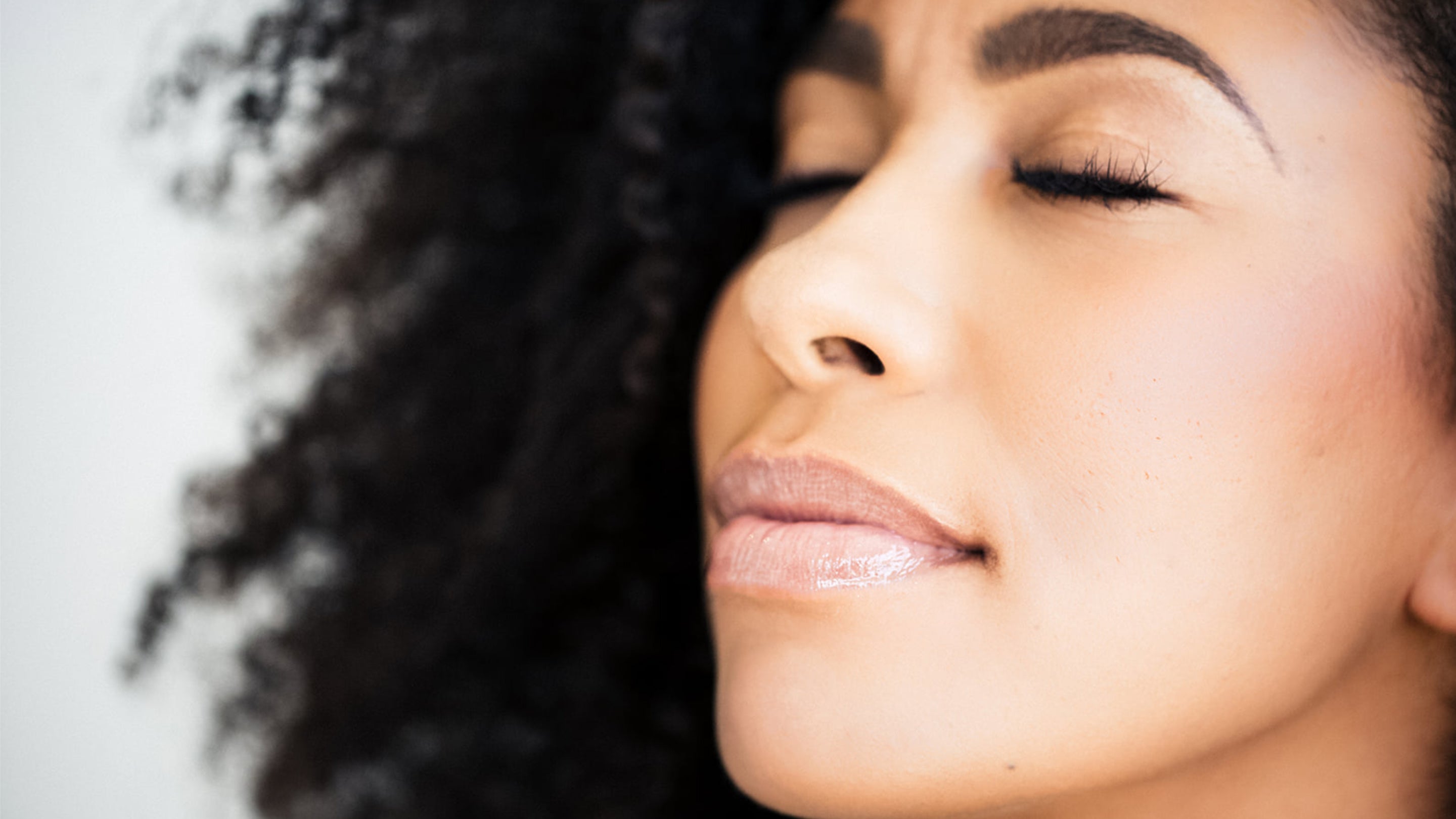
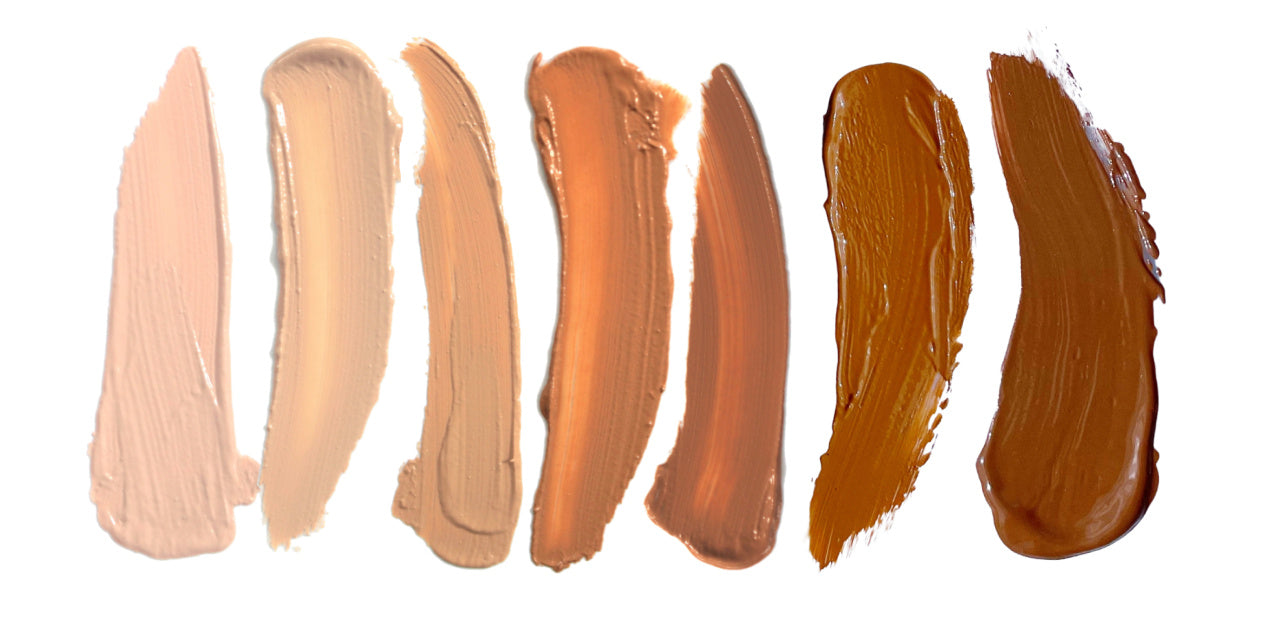
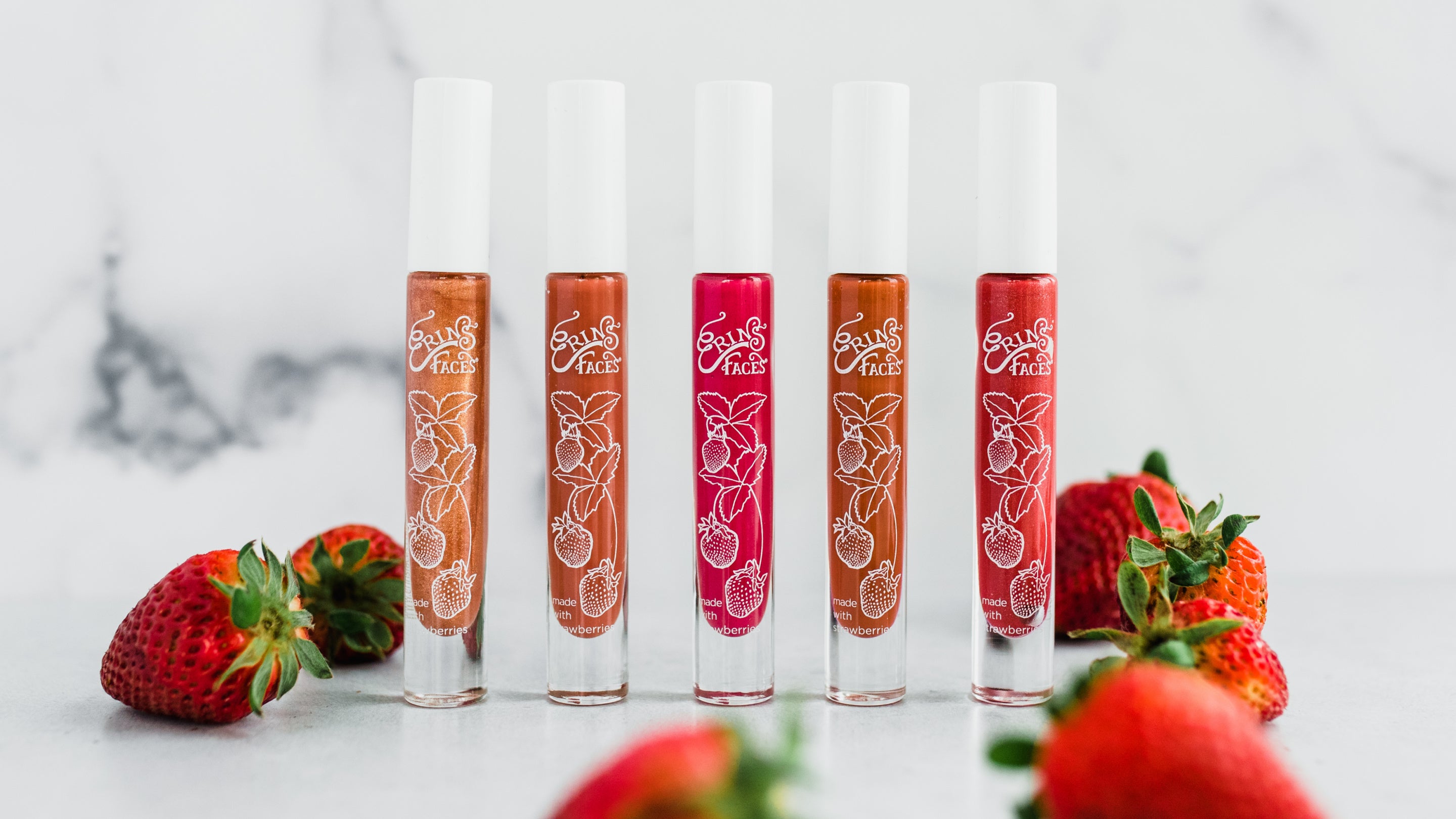
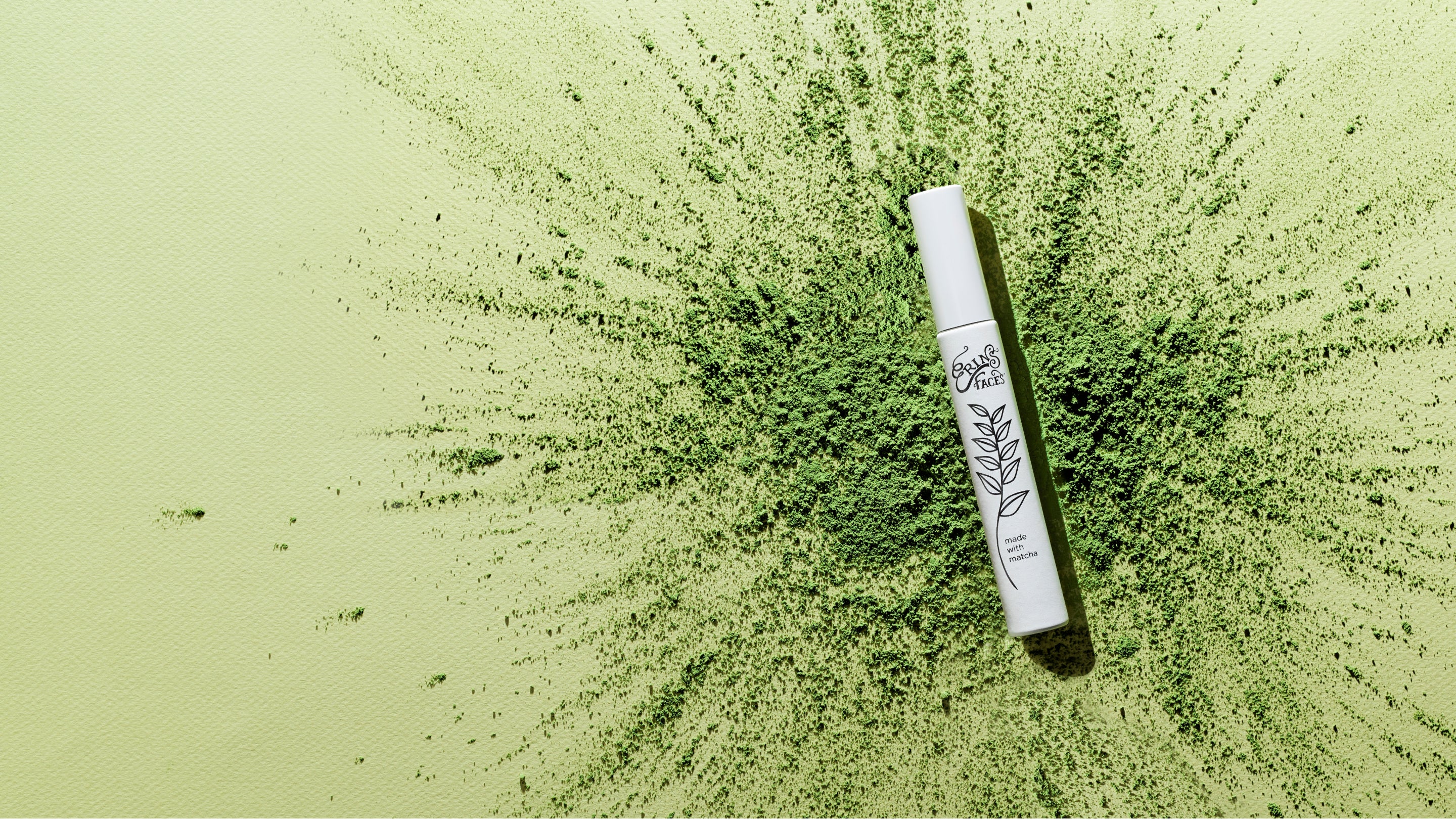
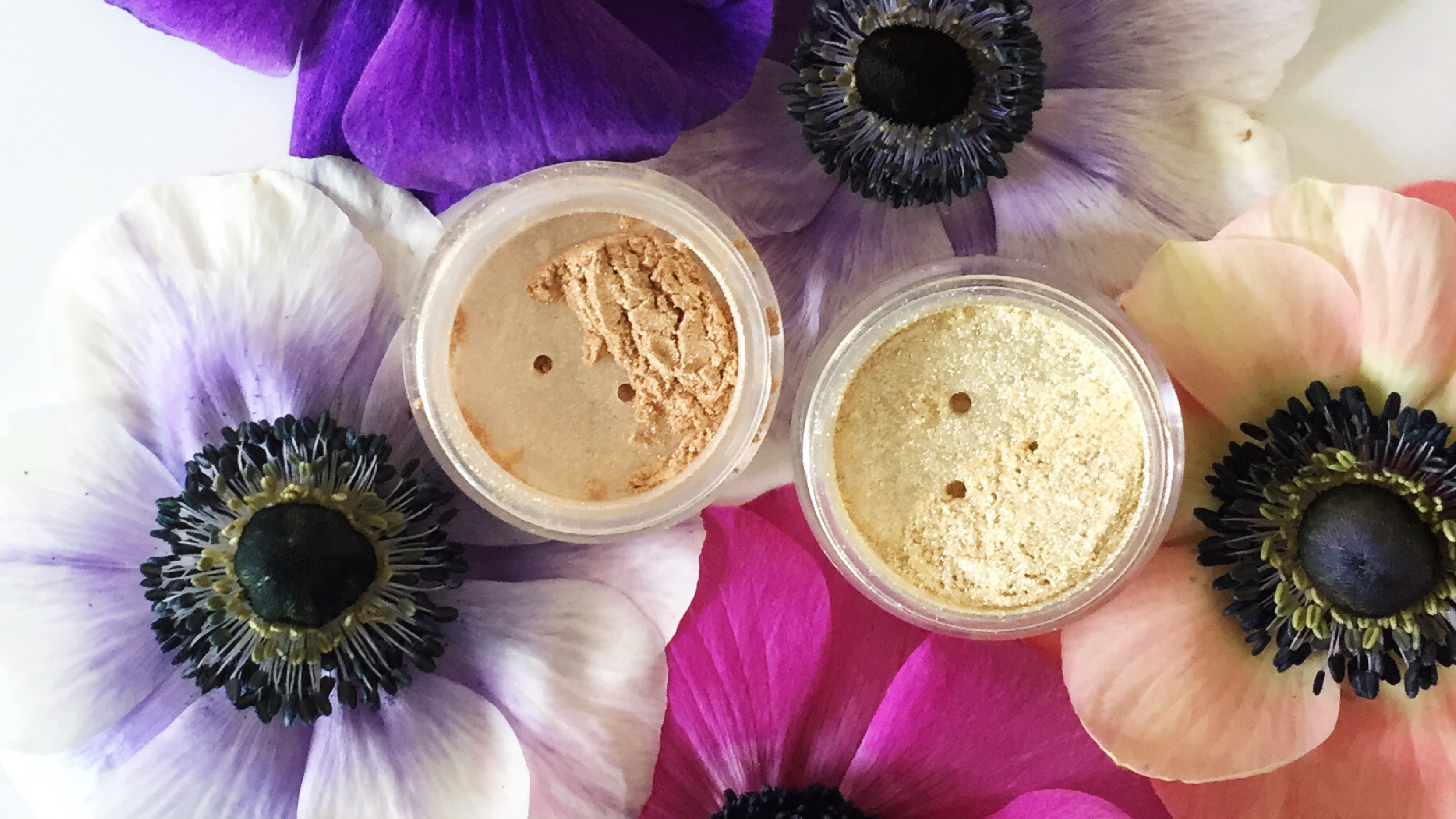
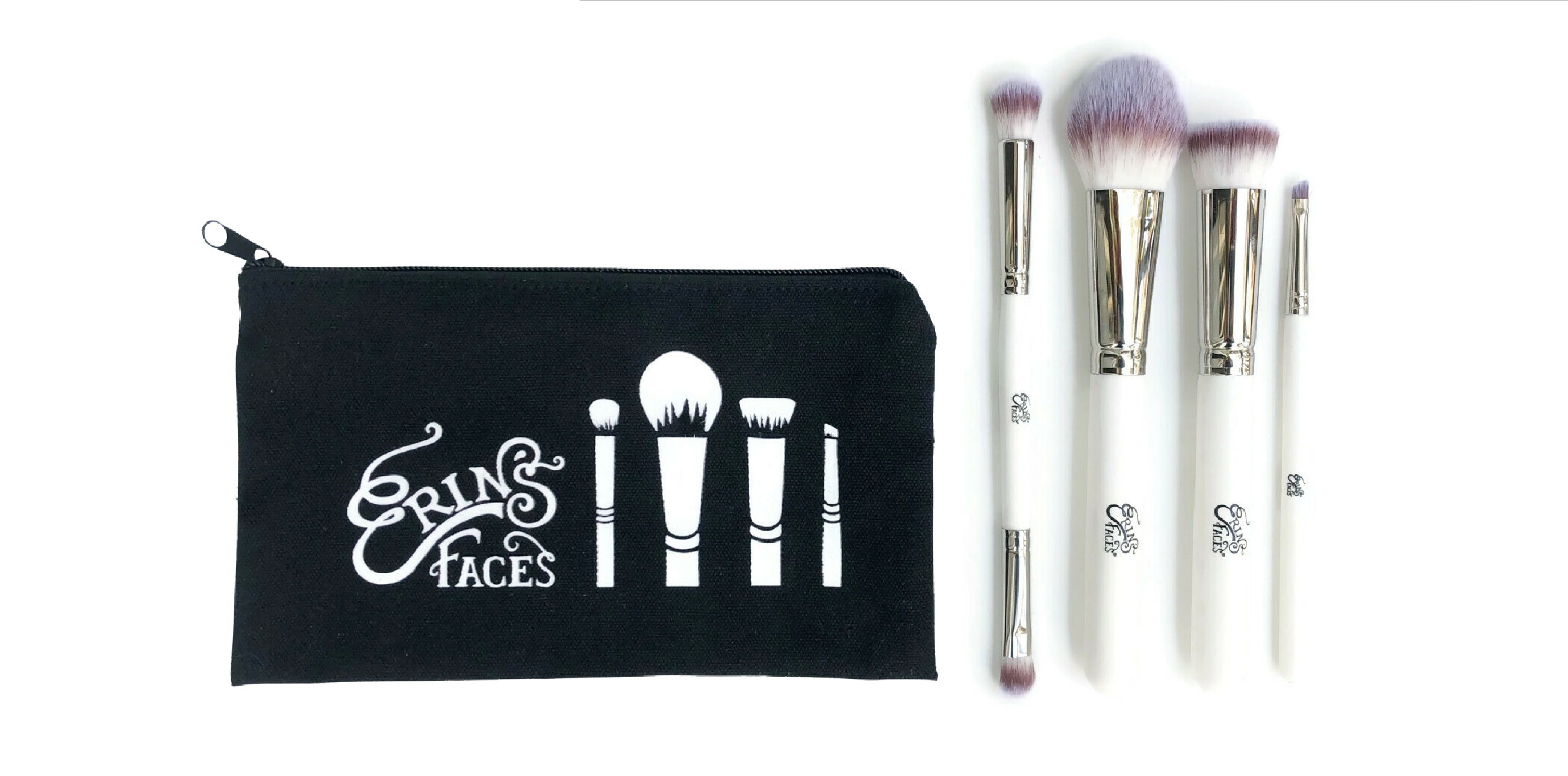
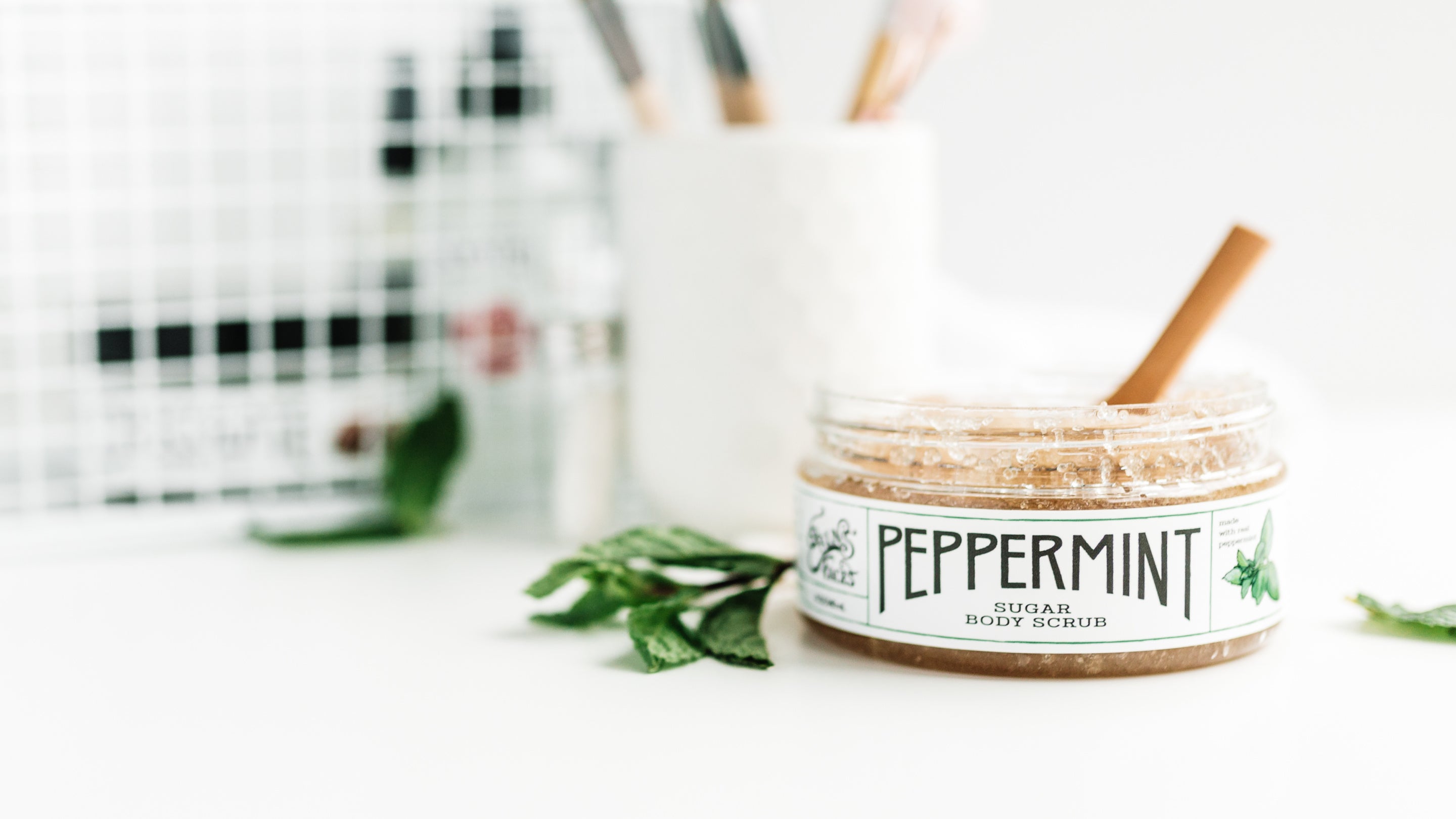
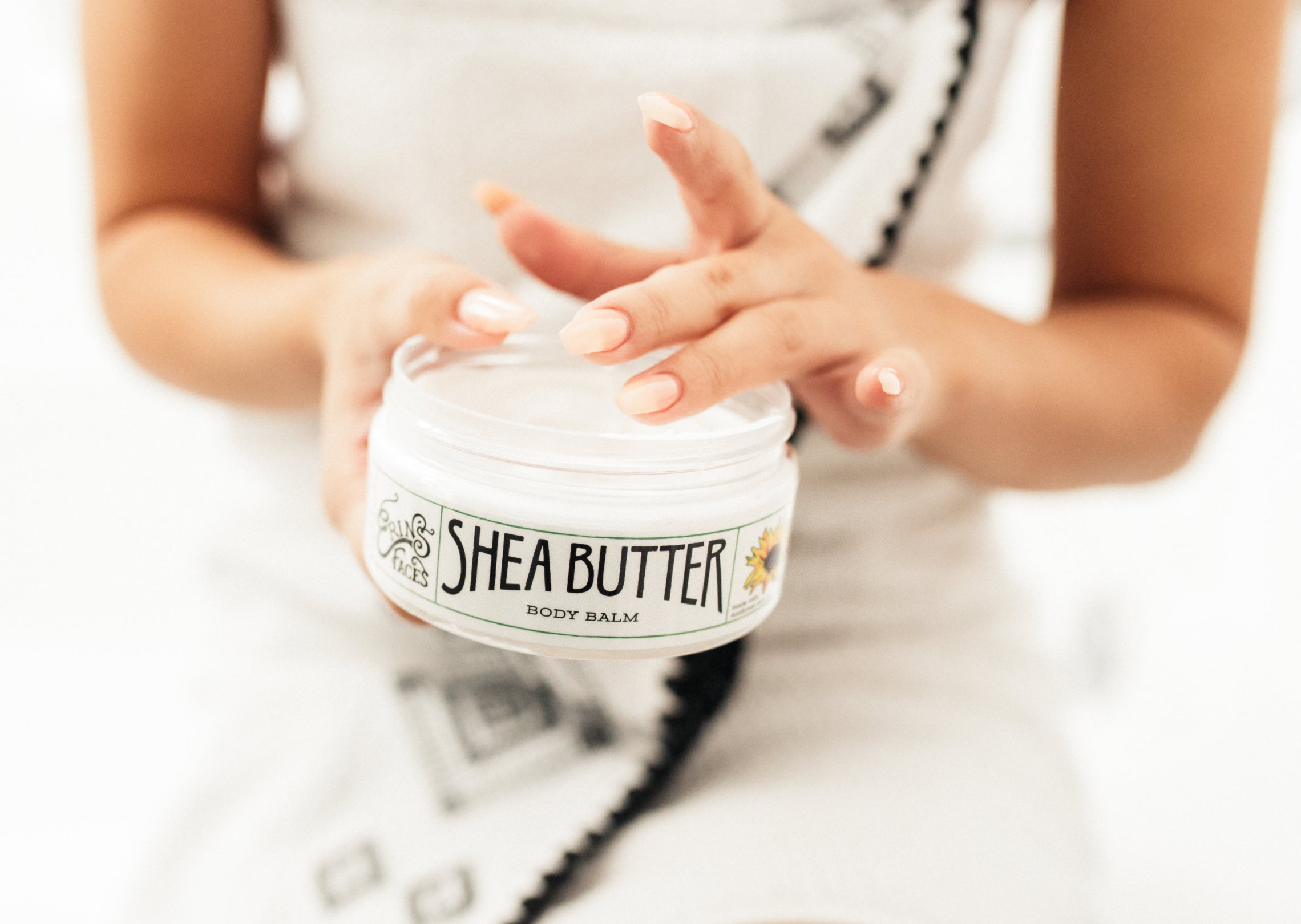
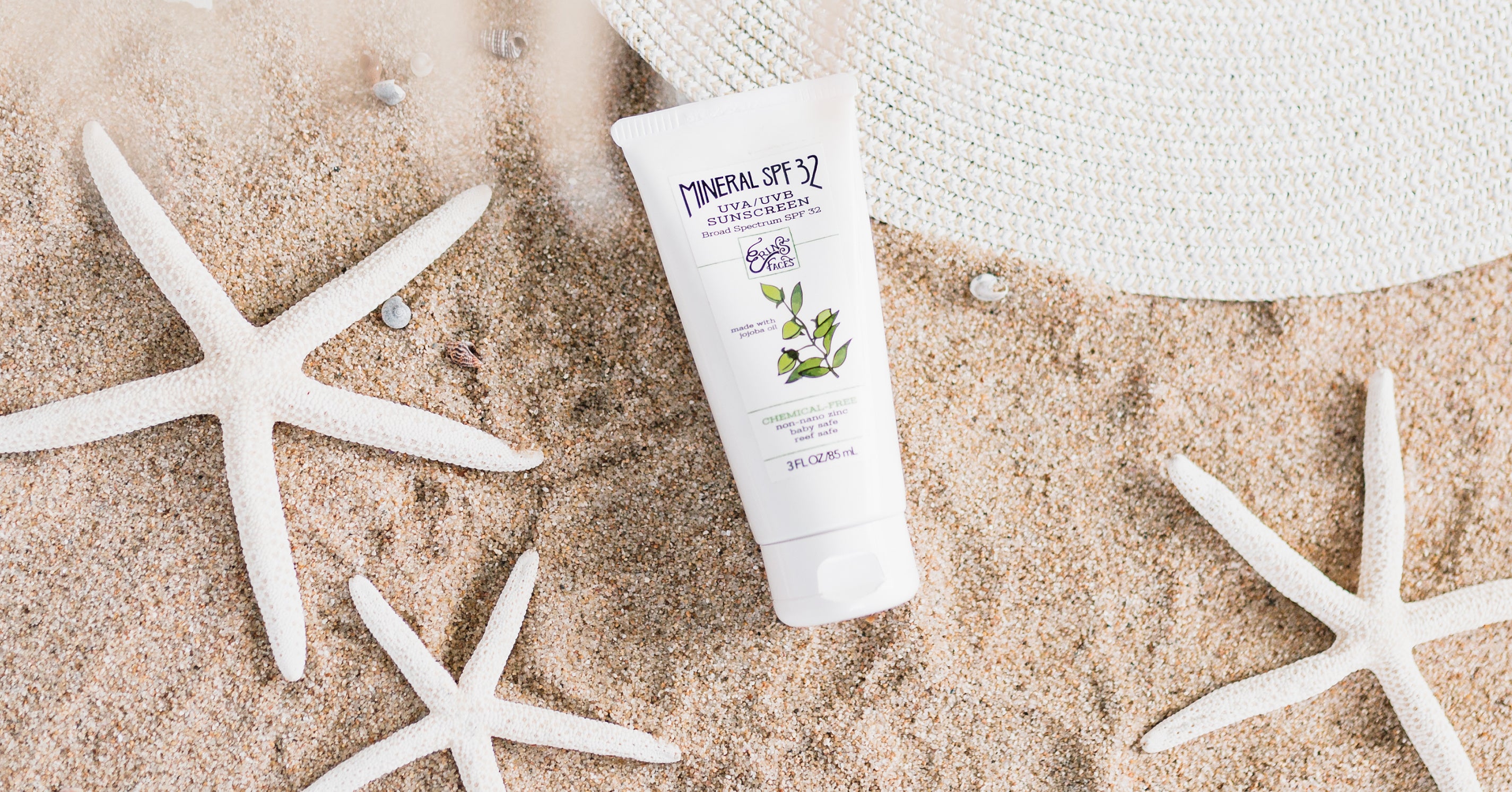
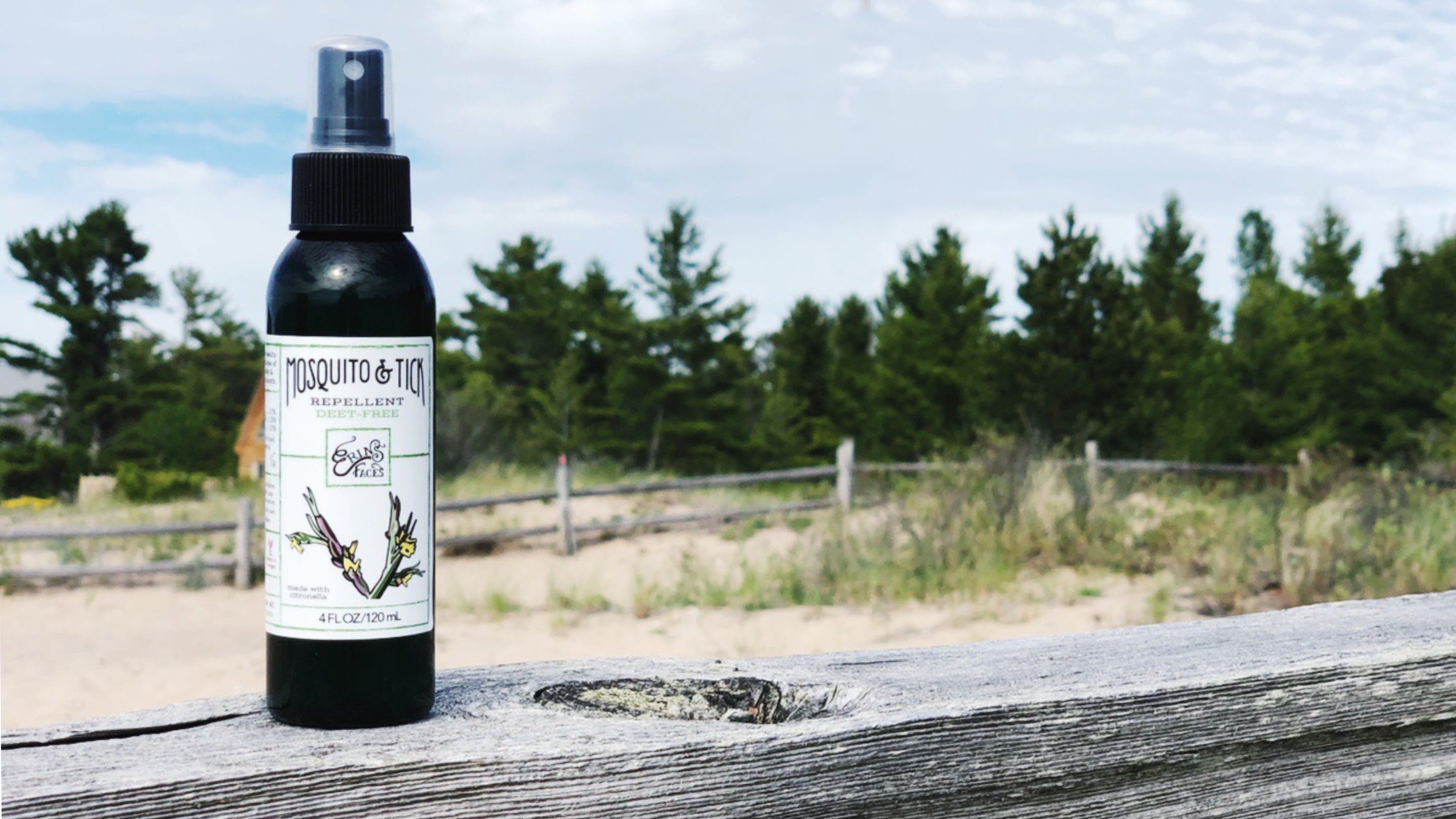



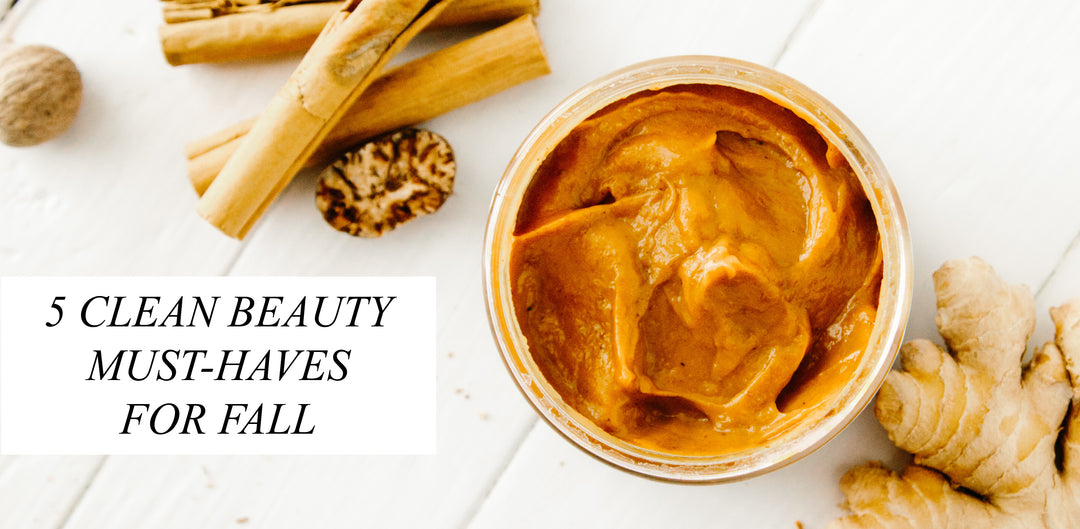

Stephanie – great question! We found in our research that although Bakuchiol has been marketed as a pregnancy safe, plant-derived retinol, there are no large trials that ascertain this. Most of the studies that looked at Bakuchiol’s anti-aging effect excluded pregnant women and, as such, we would recommend checking with your doctor or discontinuing use until your baby is born. There just isn’t the science to support it yet. Hope that helps!
Hi! Great article! You mentioned the synthetic retinols but are plant based retinols like bakuchiol safe for pregnancy? Thank you!
Natalia – great question! We about it near the end of the post but here’s a deeper dive pulled from American Pregnancy “Some organizations that specialize in herbs have done extensive testing on their safety. Often these organizations will list herbs with their safety ratings for the general population and for those who are pregnant or breastfeeding. These ratings can often be confusing and hard to interpret; this is why speaking with a professional who is familiar with using herbs during pregnancy is recommended.
One key thing when understanding the safety ratings is to pay attention to what type of use the rating is for. For example, the rating for rosemary is considered Likely Safe when used orally in amounts typically found in foods. (Rosemary has a Generally Recognized as Safe (GRAS) status in the US.)
But in pregnancy, rosemary is considered Possibly Unsafe when used orally in medicinal amounts. Because rosemary may have uterine and menstrual flow stimulant effects, it is best to avoid using it. There is insufficient reliable information available about the safety of the topical use of rosemary during pregnancy. This is a prime example of how the method of use of the herb changes its safety rating.
We know that rosemary sprinkled in your tomato sauce is not a risk to you and your baby.
However, if you were to use rosemary in a large dose, like that used in medicinal amounts, it could be dangerous for your pregnancy.” Full article at https://americanpregnancy.org/healthy-pregnancy/is-it-safe/herbs-and-pregnancy/
So we would recommend checking with your doctor
Hi,
Is oil containing rosmarius officinalis leaf extract safe and to use in pregnancy?
Many thanks
Not a silly question at all! We do use some of the essential oils but are very up front about it – Sage Essential Oil in our Lumberjack Castile Body Wash and Peppermint Essential Oil in our Tinted Lip Balms, Peppermint Lip Balm & Peppermint Sugar Body Scrub. We also use Rosemary Extract, not Oil, in some of our products as a preservative (noted in the ingredient deck). Thanks for checking!
Leave a comment